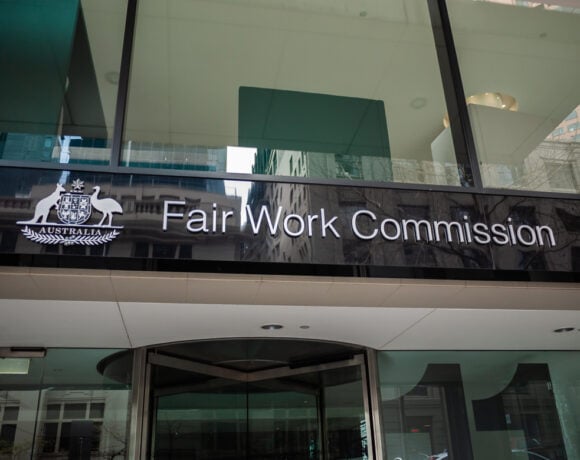A recent case highlights that a genuine redundancy is a practical matter that will not easily be overturned by an employer’s non-compliance with technicalities.
An employee has lost her appeal to the Fair Work Commission where she sought to argue she was not genuinely made redundant. A redundancy is defined as where an employer no longer requires the role to be filled by anyone.
Ms Tye was initially employed as a trainee manager by Bakers Delight, commencing from July 2015. On April 25, 2016, there was a meeting between Ms Tye and the principal of Bakers Delight concerning the future of her employment. Ms Tye was informed she would no longer continue as a trainee manager but would move back into a sales assistant role.
On April 29, 2016, the principal sent Ms Tye an email attaching a written offer for the sales assistant position, which involved her 15 hours’ work per week (compared to the 30 hours she had worked in the trainee manager’s role).
On May 5, 2016, a further email was sent to Ms Tye attaching a letter, dated April 25, 2016, which stated the trainee manager’s position had been made redundant, that her employment in that role was terminated, that she would receive two weeks’ notice, and that she was invited to accept the sales assistant role that had been offered to her.
Ms Tye did not accept the role, regarding herself as having been dismissed. From her perspective, what had occurred was retaliatory action for her having queried the pay rate she was offered for the sales assistant role.
Under s385(d) of the Fair Work Act, one of the requirements for an unfair dismissal is that it “was not a case of genuine redundancy”.
Section 389 defines “genuine redundancy” as follows:
389 Meaning of genuine redundancy
(1) A person’s dismissal was a case of genuine redundancy if:
(a) the person’s employer no longer required the person’s job to be performed by anyone because of changes in the operational requirements of the employer’s enterprise; and
(b) the employer has complied with any obligation in a modern award or enterprise agreement that applied to the employment to consult about the redundancy.
(2) A person’s dismissal was not a case of genuine redundancy if it would have been reasonable in all the circumstances for the person to be redeployed within:
(a) the employer’s enterprise; or
(b) the enterprise of an associated entity of the employer.
The Commissioner concluded that the requirements of s389 were satisfied. The Commissioner found that Ms Tye’s former position of trainee manager was no longer performed by anyone and that the tasks formerly associated with that position had been reassigned principally to the bakery’s principal, that an obligation to consult arose under cl.8 of the General Retail Industry Award 2010 (Award) and were complied with in that the employee was advised of the financial situation of the bakery.
The Commissioner noted that Ms Tye had refused the sales assistant position on offer because of the lesser hours and rate of weekly pay, but found that “there was no obligation on Bakers Delight to offer redeployment to Ms Tye into a position such where her salary would be maintained in circumstances where no such position existed within the business”. That meant it was not reasonable to redeploy Ms Tye.
It was reasonably arguable that Bakers Delight did not comply with the consultation requirement in cl.8.1(b)(iii) of the Award, in that it did not provide in writing relevant information about the proposed changes and their effects. There was no evidence adduced before the Commissioner of any such written information having been provided. Even if had it been in writing, with the result that s389(1)(b) was not fully satisfied, it does not appear to us that consequently any substantial injustice was caused to Ms Tye.
On the findings of the Commissioner, Ms Tye’s position was authentically made redundant by a business in difficult financial circumstances, she was consulted about the business’s difficulties beforehand, and the business offered (and she declined) such alternative employment as it was able to provide her. It was not in dispute that other employees in the business had suffered cuts in hours as a result of the same financial difficulties. There wasn’t any real possibility that Ms Tye could ultimately demonstrate her dismissal to have been unfair.
Conclusion
Whether a dismissal is a genuine redundancy or not does not depend upon overly technical interpretations of the Act and the relevant Award. Despite the consultation not being in writing, the commission overlooked this to go to the heart of the matter, that was the position was no longer needed due to financial issue the business was facing.







COMMENTS